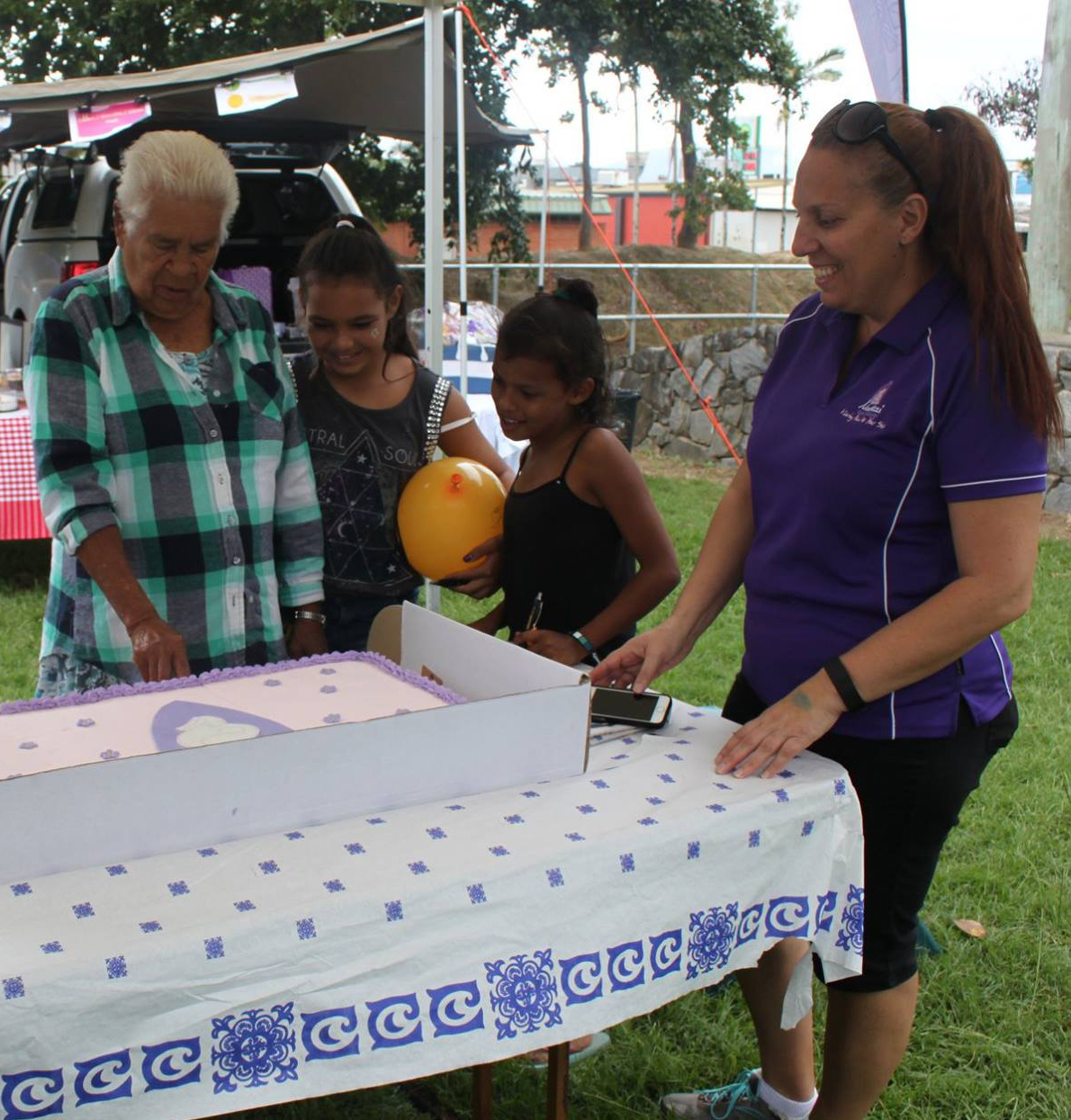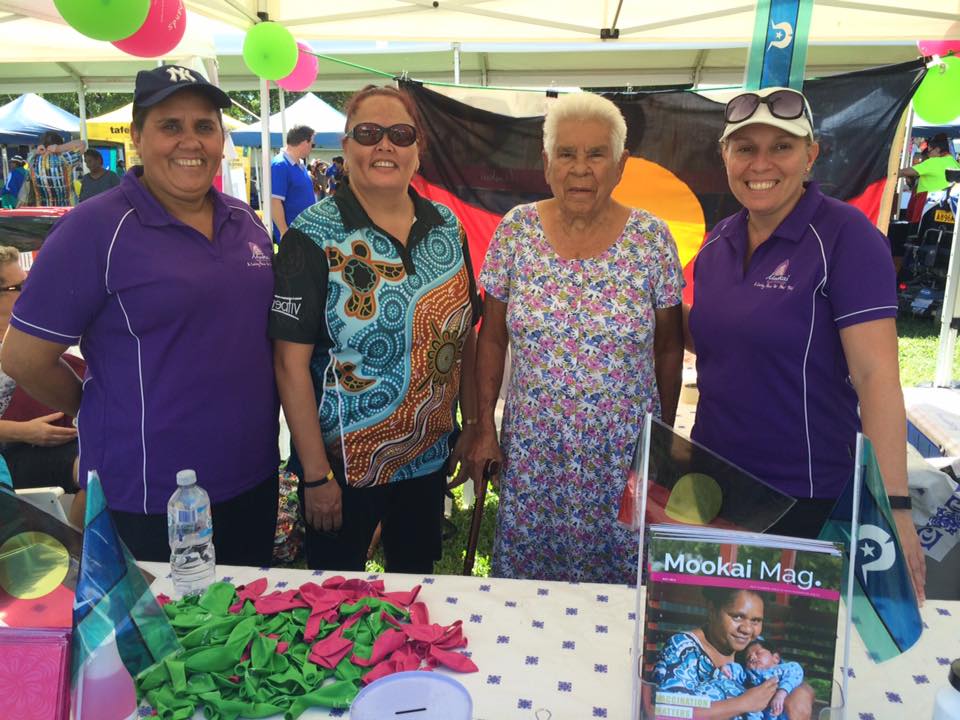During the turbulent 1970’s, Rose Richards known as ‘Aunty Rosie’, an Aboriginal Welfare Officer with Cairns Base Hospital, watched as high numbers of sick Aboriginal children came to Cairns for treatment.
After long and often repeated hospital stays, many children were discharged and sent back to their communities, where access to follow-up care was either limited or entirely unavailable. As a result, these children often became sick again and had to return to Cairns, creating a cycle of illness and hospitalisation.
At the same time, pregnant women from Cape York and the Torres Strait were required to travel to Cairns at 34 weeks gestation, remaining in hospital until giving birth—a stay that could last up to six weeks. Cairns Base Hospital was not always a culturally safe or welcoming environment for Aboriginal women. Recognising this, Aunty Rosie began taking these women and children into her own home. The results spoke for themselves—under her care, both mothers and children began to thrive.
This experience led Aunty Rosie to a firm belief: there was an urgent need for safe, culturally appropriate accommodation—designed by and for Aboriginal and Torres Strait Islander people.
During the 1970s, Aboriginal communities across the country were calling for self-determination after decades of oppression and government control. In urban centres like Redfern, Fitzroy, and South Brisbane, Aboriginal community-controlled health and legal services were established in response to institutionalised and often racist mainstream systems.
Cairns and Far North Queensland were no exception. Aboriginal and Torres Strait Islander people in these regions also stood up, demanding services that reflected their needs, values, and cultural protocols.


Together with Mick Miller and her brother Clarrie Grogan, Rosie fought for funding for a half-way-house to accommodate these mums and bubs from remote communities.
In 1983 funding was finally approved and the half-way-house began operations, firstly in McLeod Street and then relocated to Trinity Park where it became known as ‘Rosie’s Farm’.
More advocacy by Auntie Rosie and her supporters led to more funds, and the establishment of a permanent residence at Earlville, before another move in 2010 to our current and much larger custom-designed premises in Edmonton.
Since then, Mookai Rosie services have grown to include medical and midwifery clinics, and social and emotional wellbeing outreach services and support.
Today, Mookai Rosie continues to flourish as Far North Queensland’s only Aboriginal and Torres Strait Islander women’s accommodation service run and staffed by Aboriginal and Torres Strait islander women, and is still expanding services.
As CEO Theresa Simpson wrote for our thirtieth anniversary celebrations, “Without Auntie Rosie and her fellow Aboriginal health rights pioneers Mookai Rosie would not exist; Auntie Rosie we thank you from the bottom of our hearts!”.
